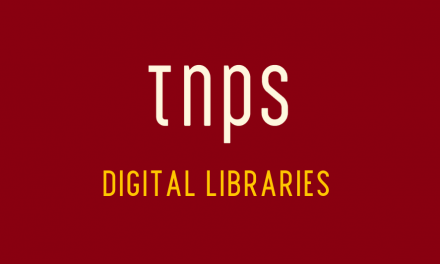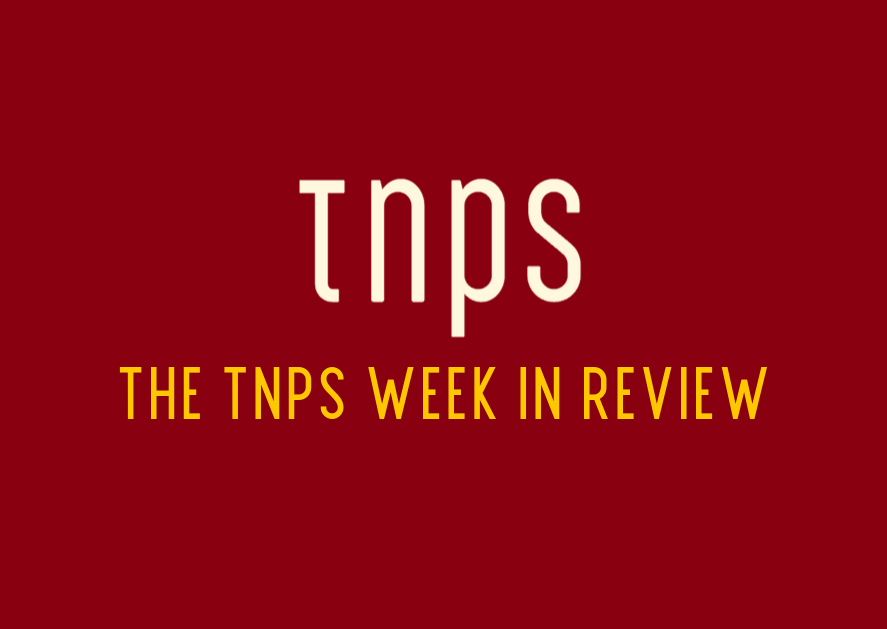“AI can never replace human creativity!”
So why are you running about like a headless chicken because your job is at risk?
So let’s get this straight. You don’t own a quill or parchment. You haven’t got a typewriter. You’ve probably never been near a horse, let alone ridden in a horse-drawn carriage. You drive to the shops in a car, where you pay with a plastic card, or maybe a phone that isn’t attached to the wall, has no cables, and doubles as a book. And a hand-held cinema. And a jukebox. And an audiobook. And a game station. And a camera. And a video recorder. And a…
You fly around the world at 500 miles per hour, stream movies onto a gigantic flatscreen TV on your wall at home, stream music onto the aforementioned phone, talk to speakers that speak back, and you can see who’s knocking at your front door even when you’re on a beach thousands of miles away. You’ve seen men walk on the Moon, seen spacecraft land on Mars, and seen cars drive without a driver.
You order your shopping online and have it delivered to your door. You send emails instead of writing letters. You use a food mixer when you cook, and you cook on a gas or electric cooker, not a wood burning stove. You have central heating and your fireplace was blocked off years ago. You wash your clothes and your dishes in machines. The only candles you own are scented ones. You’ve got no idea how to thatch a roof, how to darn a sock or how to gut a fish or slaughter a lamb for lunch.
It’s a wonderful life. The only downside is all that sleep you lose worrying about those unemployed stable boys, coal-miners, coal merchants, candlestick-makers, sailing ship crews, parchment makers, quill makers, camera film makers, postmen, milkmen, shop assistants and shop-owners, mangle-makers, thatchers, wheelwrights and chimney sweeps that were left behind by progress.
No, hold on. You haven’t lost any sleep at all over them. You’ve probably never given them a second thought. And if by chance you had cause to consider their plight, you dismissed them as casualties of progress.
Not once have you thought, maybe I’ll write a letter instead of sending that email. My postman needs his job. Not once have you thought, I think I’ll sell my car and buy a horse, so I can keep that stable boy in work.
Not once have you thought, if you’re a writer, that if I sell my laptop I can buy a typewriter. Or better still, I’ll write my next novel with a quill and deliver it by hand on a horse-driven carriage.
Not once, if you’re an agent or publisher, have you thought, let’s get rid of all this email submissions malarkey and insist writers send their manuscripts in handwritten on parchment. We owe it to society to help keep people in work
So why is that, at the mere mention of ”AI”, almost the entire publishing industry is screaming that the sky is falling?
And why is it that so much of that screaming is in tones of indignant and usually contradictory self-righteousness and self-interest?
“AI can never replace human creativity!”
So why are you running about like a headless chicken because your job is at risk?
But let’s suppose your job is at risk? Why should anyone else care? Did you care about the chimney sweeps and the candlestick makers and the quill makers and the typewriter manufacturers and the stable boys and the milkmen and the…
Do you seriously expect consumers to pay more for a human-narrated audiobook than an AI-voiced audiobooks just to keep you in work?
They’ll pay more if they think the human voice is better. But if the AI voice is close enough as to make no difference, or – and yes, we have to entertain the prospect – superior, then why is your job so much more special than the chimney sweep’s or the candlestick maker’s?
Progress happens. And there are always casualties. But the only people who care are the casualties themselves.
The threat of digital books. The threat of self-publishing. The threat of streaming. The threat of reading on mobile phones. The threat of online bookselling. The threat of…
The sky is always falling.
Yet somehow publishing goes from strength to strength despite the gatekeepers insisting “new” equals the end of civilisation as we know it.
AI will be no different. There will be winners and losers, but consumers are big enough to know what they want, and publishers are big enough to know that satisfying consumers is how this game works.
If AI forces creators to up their game to stay ahead and stay employed, that’s good for everyone.
There’s a reason the quill and parchment and typewriter industries are no longer with us.
Industries and technologies do not exist to provide employment. Industries and technologies exist to satisfy demand.





